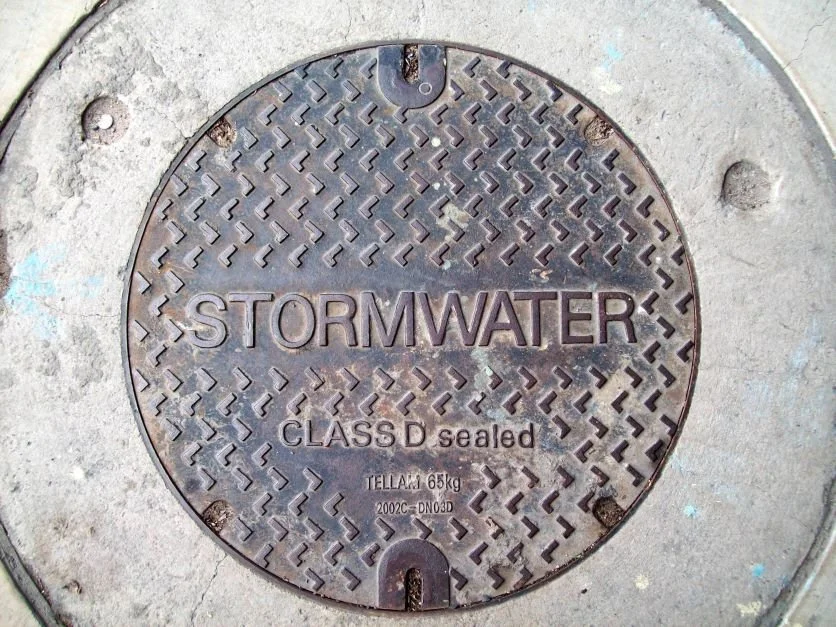When it comes to environmental and public health protections, those who manage, own, or work at wastewater treatment facilities have an immense amount of responsibility. In New Jersey, plants must obtain permits for various processes that ensure these responsibilities are taken seriously.
All wastewater and water management facilities in New Jersey require a permit for drainage as well as permits for groundwater discharge, stormwater, sewer work, drain installation, and more. These permits are a key element of the infrastructure that keeps the citizens and ecological systems in Clifton, Livingston, and other municipalities in the state safe from pollutants and other contaminants.
O&M Solutions provides professional and compliant services for wastewater management facilities in New Jersey. We’re here to support you with any water treatment tasks. Contact us to learn more.
We compiled this guide to various wastewater management permits in New Jersey to support your team. So, for information about permits for drainage and other water treatment projects, keep reading.
Groundwater Discharge Permit
As per the NJDEP Division of Water Quality, facilities that plan to discharge effluent water will require a groundwater discharge permit if they meet or exceed the following standards:
Facilities that plan to discharge an excess of 2000 gallons of effluent water to groundwater daily
Facilities that plan to discharge septic systems, injection wells, recharge wells, or overland flow
Facilities that discharge any amount of industrial wastewater
Discharge from spray irrigation, infiltration lagoon, percolation lagoon, surface impoundment, subsurface disposal, landfills, upland confined disposal facilities
When obtaining a groundwater discharge permit, applicants must follow a series of instructions defined by their discharge category.
Tips for Obtaining a Groundwater Discharge Permit
Before applying, ensure your facility meets regulations or your permit will be denied and you will not be able to operate until it is deemed compliant.
This includes remaining within the scope of allowable discharge, maintaining standards set out in the groundwater protection program, and laying out plans to routinely conduct the necessary groundwater sampling procedures.
NJPDES Stormwater Permit
Whether or not your facility requires a stormwater permit depends on which Standard Industrial Classification (SIC) codes it has been assigned. You can view your SIC code on your Labor Quarterly Contribution Report.
On their website, the NJDEP Division of Water Quality outlines the codes that must obtain stormwater permits to operate legally.
Some other qualifications that necessitate a stormwater permit include:
Facilities that store treat, or dispose of hazardous waste
Landfills, dumps, or any other site containing industrial waste
Certain power generating stations
Facilities or operations dealing with construction activity
Treatments that handle sewage for populations exceeding 100,000 citizens
If you believe your facility should be exempt from the stormwater permit requirements, you must file a Non Applicability Form. The Non Applicability process involves a site visit from a government representative to determine the eligibility of your facility and to verify the claims made in your application.
Permits for Sewer Work in NJ
To conduct certain types of work on a sewer in New Jersey, project managers must obtain the proper permits. The types of work that require permits include:
Replacing water heaters or below-ground pipes
Modifying pipes behind walls, ceilings, or floors
New plumbing installations
Emergency repairs or changes to pipes that exceed 5 feet in length
Tips for Obtaining a Permit for Sewer Work
In order to secure a permit for conducting qualifying sewer work, contractors must locate and submit an application through their municipal building department. The fees and process length will vary depending on the scope of work being proposed.
Once the permit has been issued, contractors can begin work. Keep in mind that inspections are often stipulated in permits in order to ensure all work is compliant with the application and meets building requirements.
Permits for Drain Installation
In order to understand the permit process for drain installation in your municipality, you must contact your local building office.
Common drain installation projects that require permits in New Jersey include drains that discharge into or near:
Wells
Leach fields
Streams
Wetlands
Shallow water tables
The fines for not acquiring the proper permits can be significant and could disrupt your life and/or business. It’s important to take this process seriously to avoid mistakes that could result in legal, environmental, or public health issues.
Tips for Obtaining a Drain Installation Permit
If you choose to outsource the installation project to a contractor, they will complete the permit process on your behalf. Hiring a professional to install a new drainage system is the best way to feel confident knowing that the project will meet the requirements.
Find a Company to Assist With Drainage System Management in NJ
The permitting system for wastewater and water management in New Jersey is complex and robust. This system is key to protecting civilians and local ecosystems to ensure safe and healthy drinking water for everyone.
O&M Solutions provides wastewater treatment operation and management solutions for the public and private sectors in New Jersey, Pennsylvania and New York. Our reputation is derived from the excellent results we’ve delivered to our clients for years.

